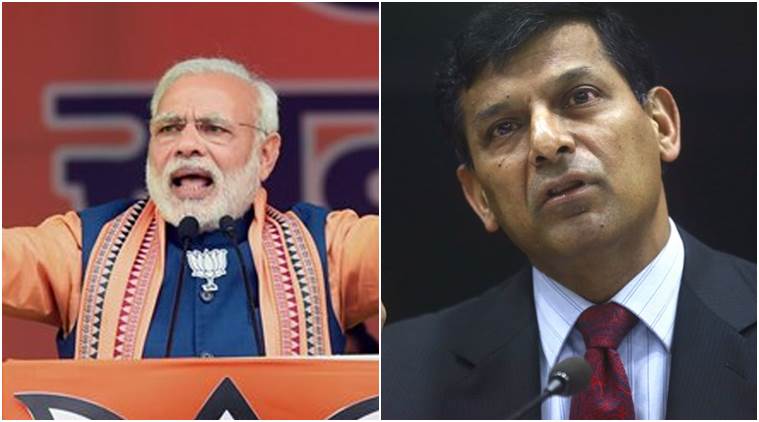The Modi government dropped a bombshell this Tuesday by doing away with Rs. 500 and Rs. 1000 notes. While the announcement took everyone by surprise, the wheels for the giant undertaking had been in motion for over six months. Among the few people who knew of the move were then RBI Governor Raghuram Rajan, and his deputy, R Gandhi.
And Rajan was not a big fan of the idea, a 2014 speech suggests.

At the Lalit Doshi Memorial Lecture in 2014, Raghuram Rajan spoke about the effectiveness of putting notes out of circulation as a measure to clamp down on black money. “In the past demonetisation has been thought off as a way of getting black money out of circulation. Because people then have to come and say “how do I have this ten crores in cash sitting in my safe” and they have to explain where they got the money from. It is often cited as a solution. Unfortunately, my sense is the clever find ways around it,” said Rajan.
“They find ways to divide up their hoard in to many smaller pieces,” he continued. “You do find that people who haven’t thought of a way to convert black to white, throw it into the Hundi in some temples. I think there are ways around demonetization. It is not that easy to flush out the black money. Of course, a fair amount may be in the form of gold, therefore even harder to catch. I would focus more on the incentives to generate and retain black money.”
Rajan clearly felt that people would find ways around such a move. And he felt that it wasn’t the best approach to solving the problem, given a large amount of black money might be in the form of gold, which would still remain in the system.
We can’t confirm if Rajan expressed his reservations to Modi, but later that year, after much political drama, his term as RBI governor was not extended. The demonetization scheme took place after his replacement, Urjit Patel, had assumed office.
